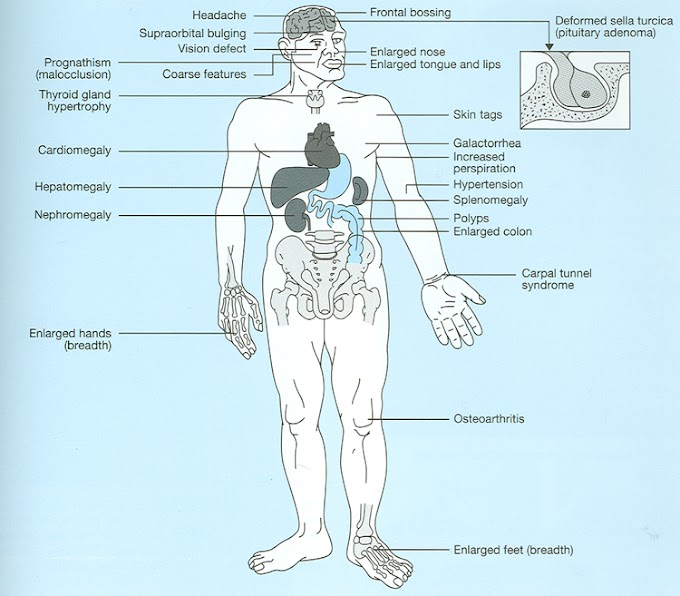Bladder cancer is a disease in which cancer cells grow in the bladder. The bladder is a hollow, muscular organ that collects and holds urine until it is released from the body during urination.
Cancer occurs when cells in the body (in this case bladder cells) divide without control or order. Normally, cells divide in a regulated manner. If cells keep dividing uncontrollably when new cells are not needed, a mass of tissue forms, called a growth or tumor. The term cancer refers to malignant tumors, which can invade nearby tissues and can spread to other parts of the body. A benign tumor does not invade or spread.
Causes
The cause of bladder cancer is unknown. Exposure to cancer-causing chemicals likely plays a role. Genetic defects are also associated with bladder cancer. Virtually all bladder cancers start in the lining of the bladder, called the mucosa. Cancer may then spread to the bladder's muscular wall and to nearby tissue and lymph nodes, and ultimately to other organs if not treated.
Risk Factors
A risk factor is something that increases your chance of getting a disease or condition.
• Smoking
• Exposure to certain workplace toxins
• Race: White
• Advanced age
• Chronic bladder irritation or inflammation, in:
- People with spinal cord injury with chronic or recurrent urinary tract infections
- People who repeatedly use indwelling bladder catheters
- Schistosomiasis (an infection caused by parasitic worms)
- Long-term use of some medications (e.g., cyclophosphamide)
- History of bladder cancer
Symptoms include:
• Blood in the urine (usually painless)
• Dysuria (painful urination)
• Frequent need to urinate, usually in small amounts
• Pelvic pain (rare)
These symptoms may also be caused by other, less serious health conditions. Anyone experiencing these symptoms should see a doctor.
Diagnosis
The doctor will ask about your symptoms and medical history, and perform a physical exam. In addition, internal exams will include a rectal or vaginal exam. During such exams, the doctor may be able to feel an abnormality.
Tests include:
Urine Tests – to check for cancer cells.
X-rays – a test that uses radiation to take a picture of structures inside the body. In this case, a contrast material is injected into the blood. It is filtered by the kidneys, and collected in the bladder to absorb the x-rays and create images.
CT Scan – a type of x-ray that uses a computer to make pictures of the pelvis, including the bladder and surrounding structures.
Cystoscopy – examination of the bladder using a thin tube with a lighted tip that is inserted into the bladder through the urethra.
Biopsy (transurethral) – removal of a sample of bladder tissue during cystoscopy to test for cancer cells.
Treatment
Once cancer is found, staging tests are performed to find out if the cancer has spread and, if so, to what extent. Treatment depends on the stage of the cancer, and your overall health.
Treatments include:
Surgery – surgical removal of a cancerous tumor and nearby tissues, and possibly nearby lymph nodes. Surgeries to treat bladder cancer include:
• Transurethral Resection –cutting out cancer cells or destroying them with an electrical current. This can be done during a cystoscopy, if the cancer has not invaded the bladder wall.
• Cystectomy – removal of the bladder. The surgeon will create a new opening for urine to exit the body. There are two types of cystectomy:
- Partial Cystectomy – removal of part of the bladder. The bladder remains functional.
- Radical Cystectomy – removal of the entire bladder, nearby lymph nodes, and nearby organs, such as the prostate or uterus and ovaries. This is done when the cancer has spread to surrounding tissues and organs.
- External Radiation Therapy – radiation directed at the tumor from a source outside the body
- Internal Radiation Therapy – radioactive materials placed into the body near the cancer cells
Chemoradiotherapy or combined modality therapy – several scientists have shown that, in approriately selected patients with muscle invasive bladder cancer, chemotherapy along with radiation therapy is as likely to cure a patients as is radical surgery. Additionally, because the bladder is not removed, there are generally fewer sde effects and a full two-thirds of patients who get this treatment are alive with their bladder still intact four years after their treatment.
Immunotherapy – a solution is placed into the bladder that stimulates the body's immune system to fight the cancer.
Prevention
The following steps can reduce your risk of getting bladder cancer:
• If you smoke, quit.
• If you work around chemicals, minimize direct or prolonged exposure.
• If you notice a change in urination habits, call your doctor. Early diagnosis and treatment improve the chance that treatment will be successful.




0 Comments